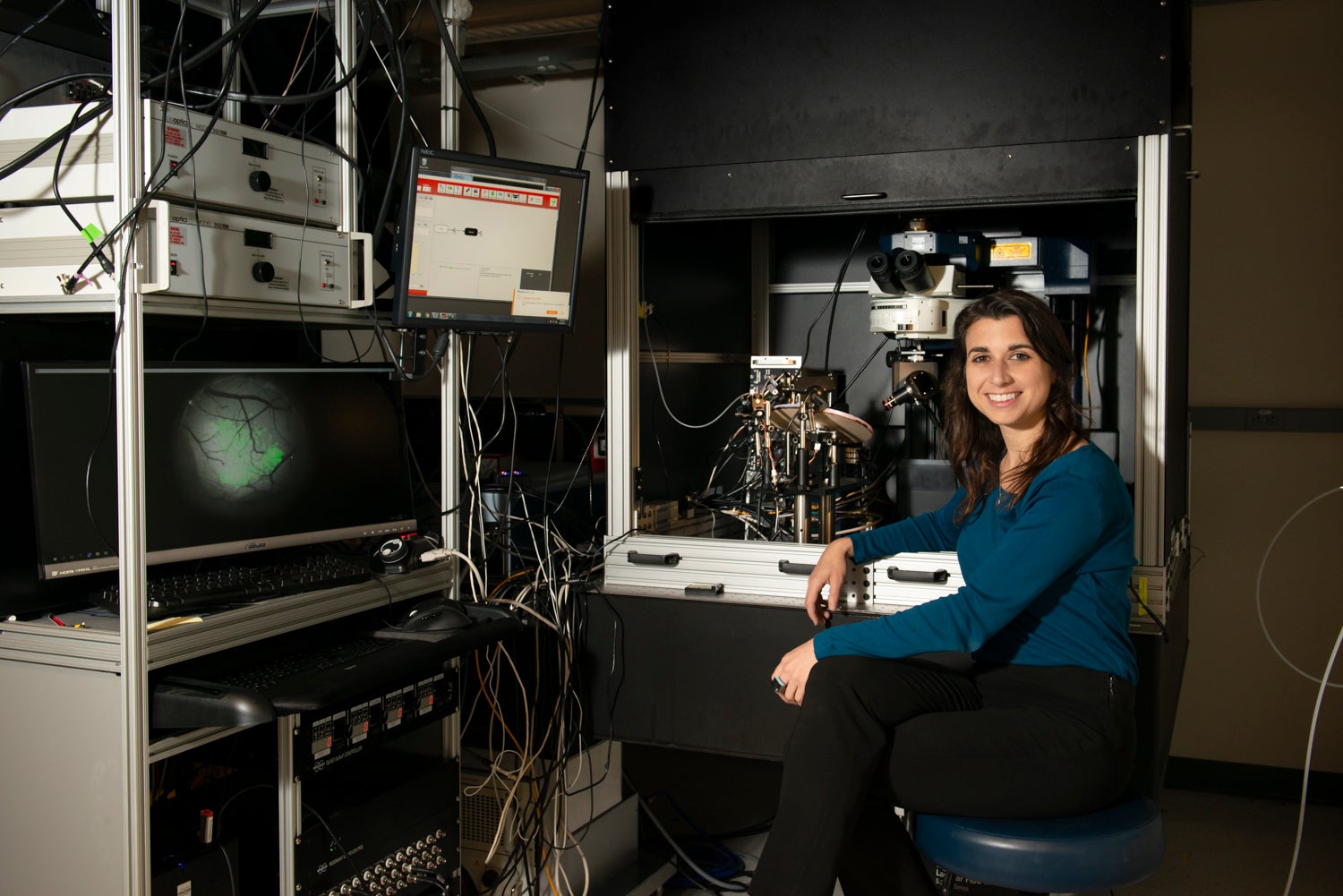
The developing brain dramatically rewires in response to the external world during early ‘critical periods’, but this capacity diminishes with adulthood. A clear advantage of time-limited critical periods is that the developing brain circuits are assembled to represent the relevant aspects of our environment. However, a potential danger is that an impoverished or distorted early environment can lead to pathological circuitry that has long-term consequences for brain function. Our research aims to illuminate how early experience establishes the circuit foundation that dictates adult perception. Such effects may give rise to individual diversity in processing and learning as well as contribute to perturbations of these processes in neurodevelopmental disorders.
Our recent work has identified interneurons within cortical layer 1 as hubs that trigger adaptive plasticity. These studies propel our long-term vision of understanding how these cells act within cortical circuits to gate plasticity throughout the lifespan. Our hope is that we can identify specific targets to reopen windows of robust cortical plasticity beyond early life to recover auditory function following neurological disorders, injury, or peripheral hearing loss.
Specifically, our laboratory is focused on three major aims:
1) Understanding the functional organization of auditory brain circuits during development and in adulthood.
2) Determining the precise changes that occur in these circuits in response to altered auditory experience, and examine how these changes impact auditory function.
3) Understanding how genes, environmental conditions, drugs, and behavioral states impact the brain’s ability to adapt to changes in auditory experience. Identifying novel ways to stimulate plasticity and reorganize auditory circuits throughout life.
